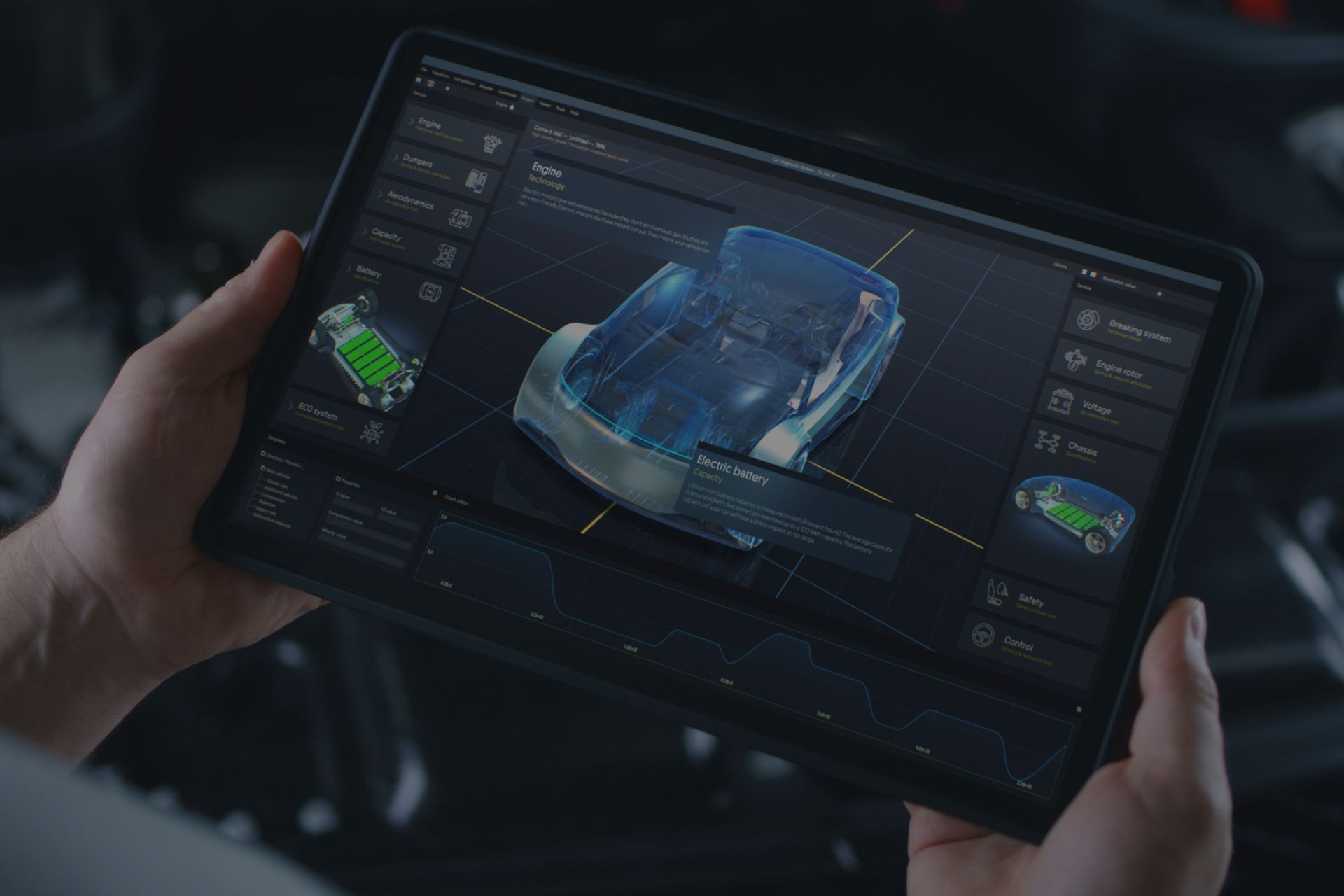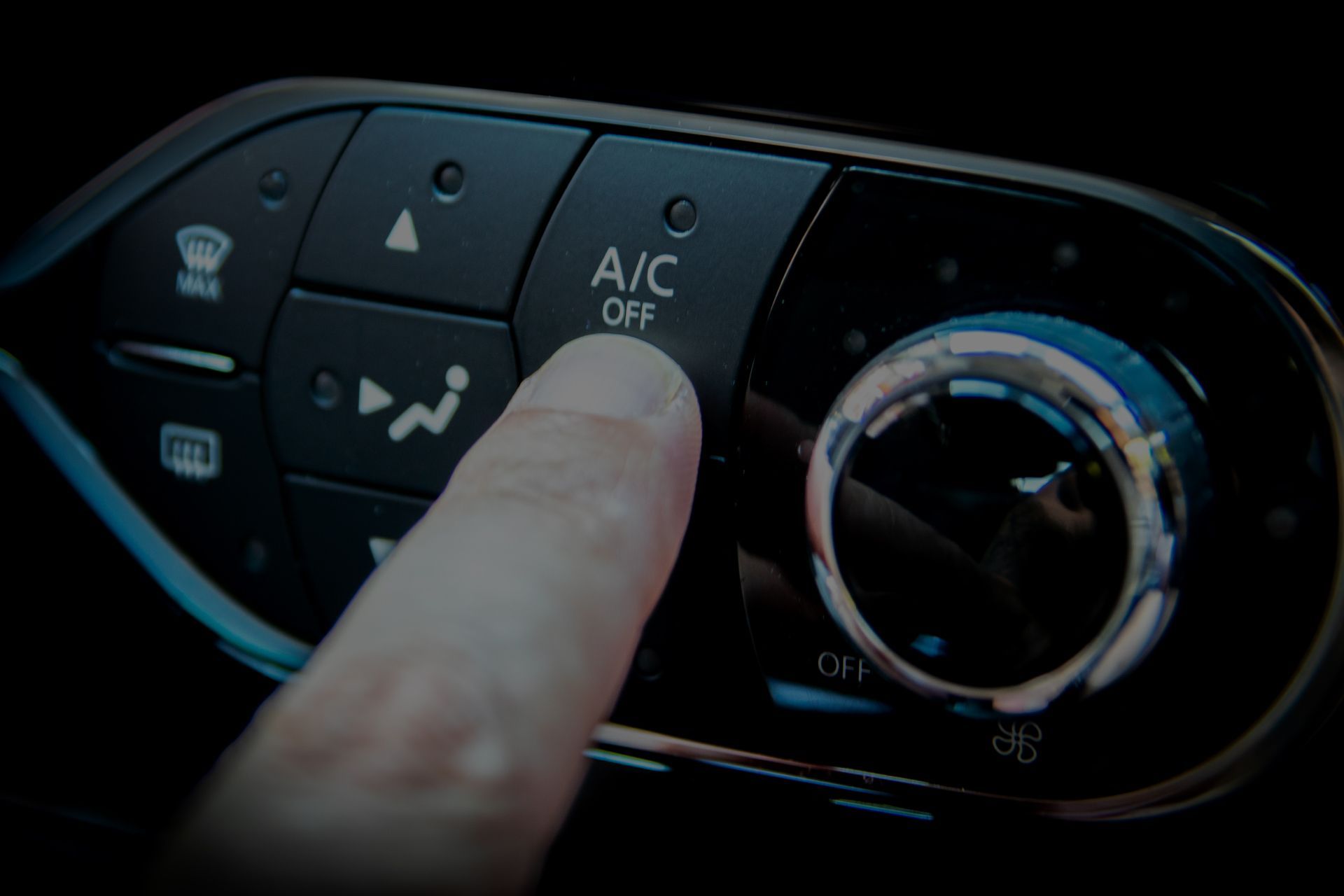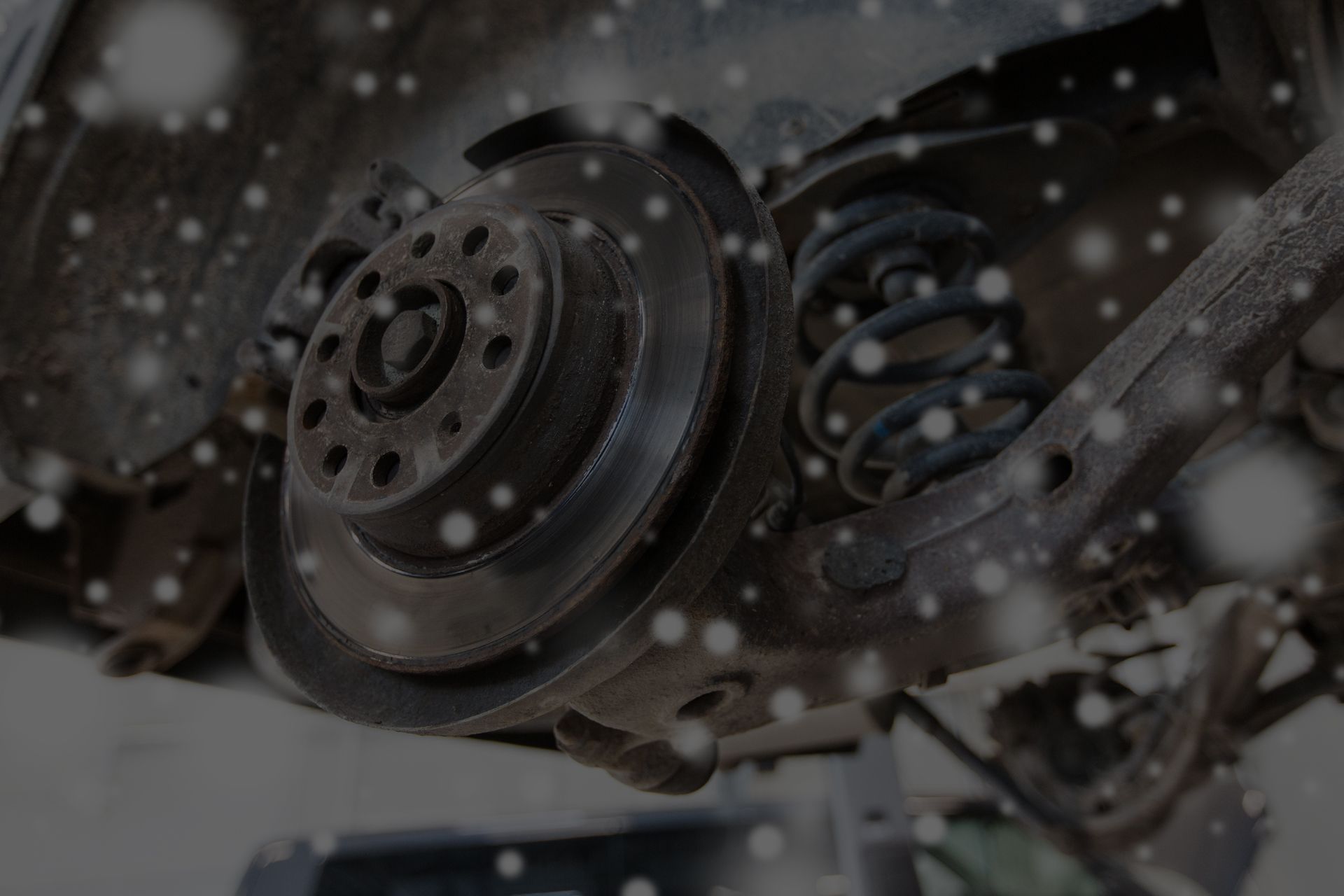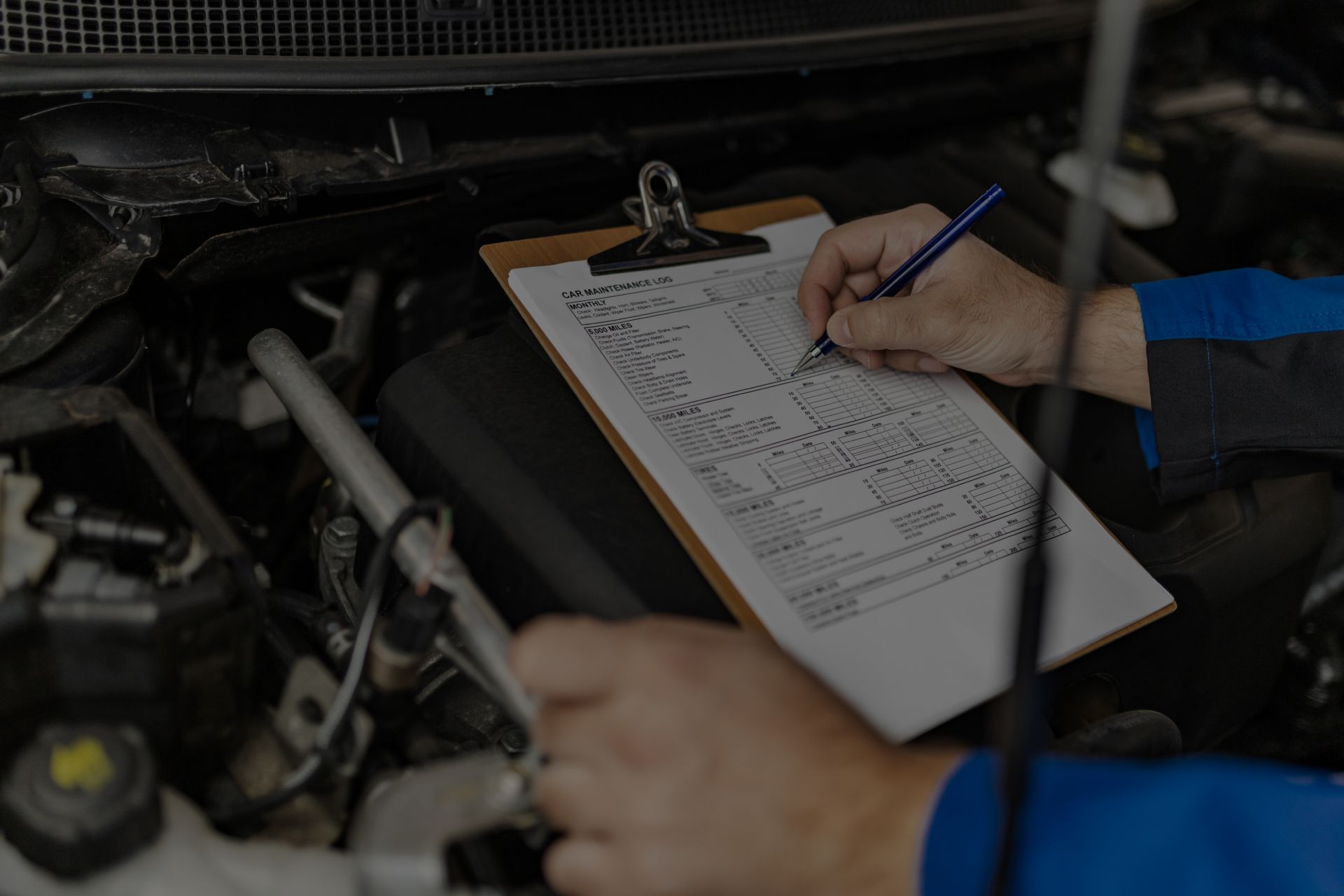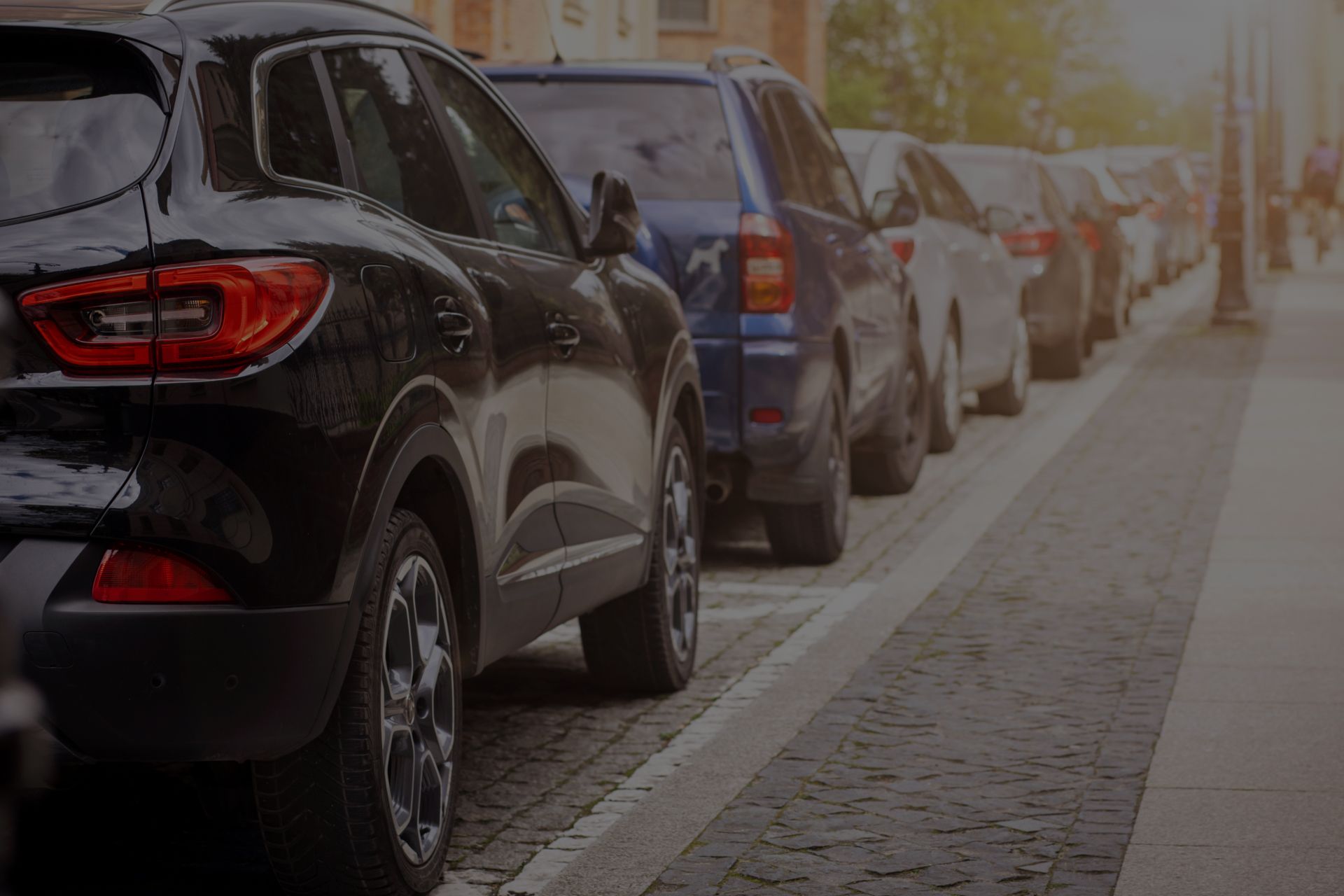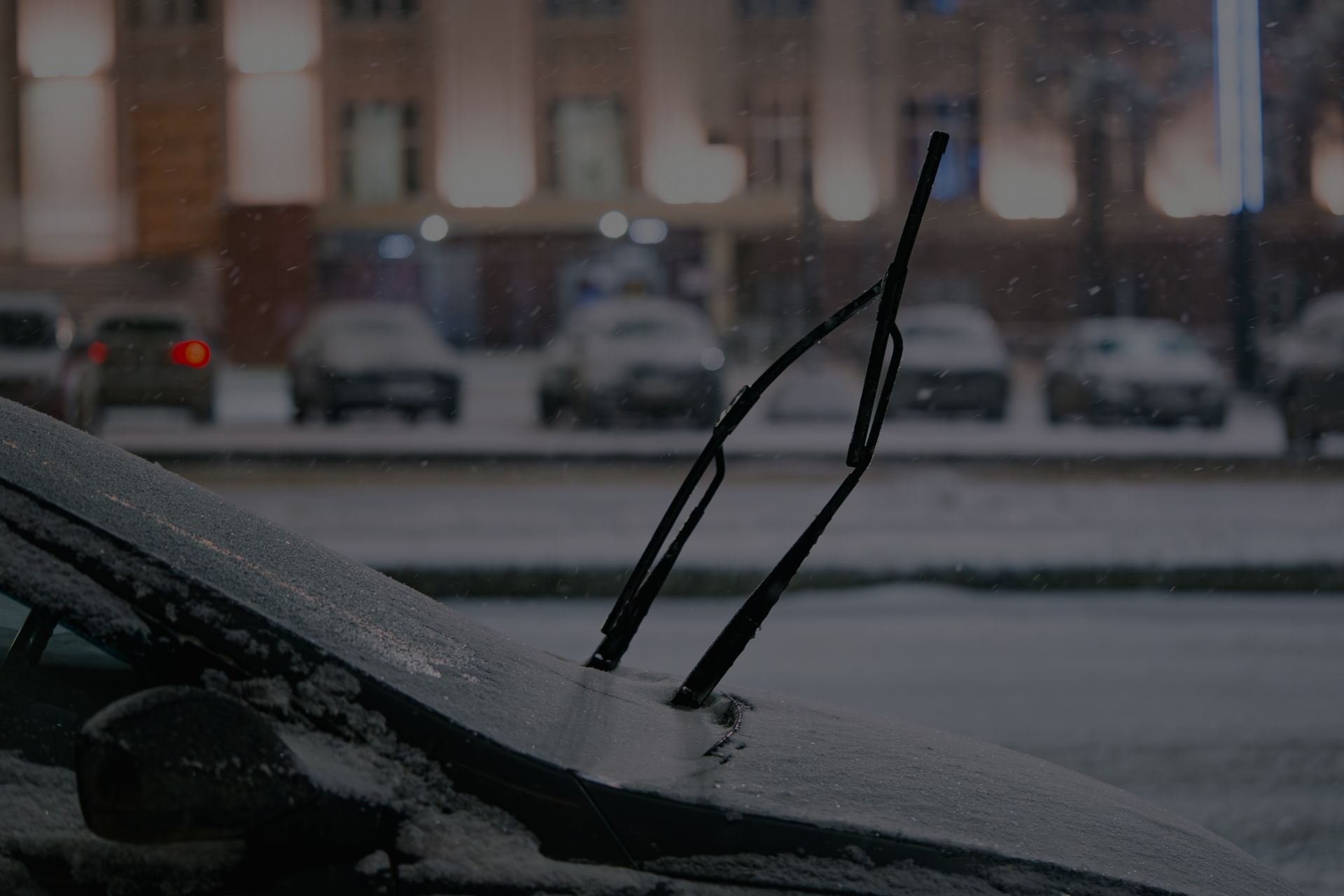That mysterious squeal, clunk, or rattle coming from your vehicle is more than just an annoyance—it's your car's way of communicating that something needs attention. For Denver drivers navigating everything from city traffic to mountain passes, understanding these audible warning signs can mean the difference between a minor repair and a major breakdown. Let's decode what your car might be trying to tell you.
Common Car Noises and What They Mean
Squealing or Squeaking Sounds
When braking : If you hear a high-pitched squeal when applying the brakes, your brake pads likely have wear indicators making contact with the rotors. This built-in warning system tells you it's time for new brake pads—a particularly important maintenance item for Denver drivers who frequently navigate steep descents from the mountains.
When starting or accelerating : A squealing noise when you start your car or accelerate often indicates a loose or worn belt. In Colorado's extreme temperature fluctuations, rubber belts can deteriorate faster than in more moderate climates.
When turning : Squeaks during turns, especially at low speeds, typically point to suspension issues. With Denver's pothole-filled roads after winter, suspension components work overtime and may wear prematurely.
Grinding Noises
When braking : A grinding sound during braking is serious—it usually means your brake pads have worn completely through, and metal is grinding against metal. This requires immediate attention to prevent costly rotor damage and ensure your safety on Denver's often icy roads.
When shifting : Grinding during gear shifts in a manual transmission suggests clutch or transmission issues that need professional diagnosis.
Constant grinding : A persistent grinding noise, especially at consistent speeds, often indicates wheel bearing problems. At Denver's altitude and with our mountain driving conditions, wheel bearings can experience additional stress.
Knocking or Pinging
A knocking sound from the engine, particularly during acceleration, might indicate:
- Using fuel with too low an octane rating
- Carbon buildup in the combustion chamber
- Engine timing issues
- In extreme cases, serious internal engine problems
Denver's high altitude already affects how engines run, and improper fuel or maintenance can exacerbate these issues.
Clunking or Thumping
When going over bumps : Clunking noises when driving over bumps or potholes (which are plentiful after Denver winters) typically point to problems with suspension components like struts, shock absorbers, or control arms.
During acceleration or deceleration : A clunk when you accelerate or decelerate could indicate worn drivetrain components, such as U-joints or differential issues.
Hissing Sounds
A hissing noise, especially after turning off your engine, often means:
- A vacuum leak
- An exhaust leak
- A cooling system leak allowing coolant to drip onto hot engine parts
In Denver's variable climate, cooling system integrity is particularly important as we transition from winter to summer temperatures.
Denver-Specific Considerations for Car Noises
Living in Denver means your vehicle faces unique challenges that can contribute to unusual noises:
- Extreme temperature swings : Our temperature fluctuations can cause parts to expand and contract, creating new noises as components loosen or tighten
- Winter road treatments : Salt and magnesium chloride used on Colorado roads accelerate corrosion of undercarriage components
- Altitude effects : Denver's higher elevation puts additional strain on engines and can affect how your vehicle sounds and performs
- Mountain driving : Steep ascents and descents place extra demands on braking and drivetrain systems
When to Seek Professional Help
While some minor noises might be harmless, others require immediate attention. Consider these guidelines:
- Safety-critical systems : Any noises related to brakes, steering, or suspension warrant immediate professional inspection
- New or sudden noises : A noise that appears suddenly is typically more concerning than one that develops gradually
- Increasing volume or frequency : Noises that get louder or occur more frequently usually indicate a worsening condition
- Accompanied by warning lights : Any noise that occurs alongside dashboard warning lights needs prompt attention
DIY Noise Diagnosis Tips
Before heading to the shop, gathering information can help our technicians pinpoint the problem:
- Note when the noise occurs (during braking, acceleration, turning, etc.)
- Pay attention to the type of noise (squeal, grind, knock, etc.)
- Notice if the noise changes with vehicle speed
- Determine if the noise happens when the engine is cold, hot, or both
- Try to localize which area of the vehicle the noise is coming from
Trust Denver's European and Import Specialists
At Importsports Auto Repair Pros & Performance, our ASE Certified technicians have been diagnosing mysterious car noises for Denver drivers since 1997. With our factory diagnostic software and specialized equipment, we're particularly well-equipped to address unusual noises in European vehicles like BMW, Mercedes-Benz, Audi, and Porsche, as well as Japanese, Korean, and American models.
Don't let that strange noise turn into a major problem. Our 5,000 square-foot state-of-the-art facility in Denver is equipped to handle comprehensive diagnostics and repairs for all makes and models. Plus, our repairs are backed by a 36-Month/36k-Mile TechNet Nationwide Warranty for your peace of mind.
If your vehicle is making concerning noises while navigating Denver's streets or mountain roads, contact us today at (303) 752-2422
or visit our shop at 7667 E Iliff Ave Ste I. Our team will help identify the source of that mysterious sound and provide expert repairs to keep your vehicle running quietly and reliably through all of Colorado's driving conditions.
Remember—addressing unusual noises early not only saves your ears but often saves your wallet too. Schedule your diagnostic appointment today!
